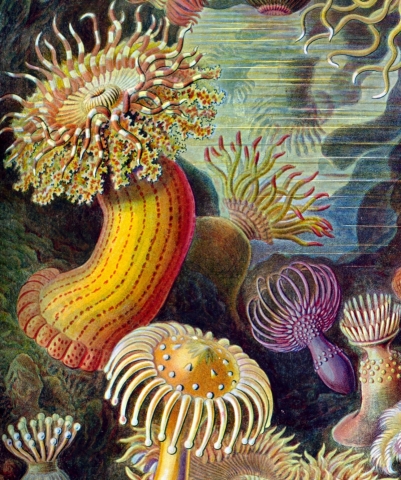
Dans le cadre du séminaire « Histoire, Philosophie et Sociologie de l’Écologie" (HPSE). Réflexions sur l’écologie, ses pratiques, ses outils, ses théories et ses liens avec la société,
pour la première séance de la rentrée 2015,
Giulia Rispoli (EHESS/Centre Alexandre Koyré) interviendra sur le thème : “How the Earth became a cybernetic system: On the historical and epistemological origins of global ecology”
Lundi 19 octobre 2015 de 15h30 à 17h au Muséum National d’Histoire Naturelle, Paris (Salle Claude Hélène, accès par 47 rue Cuvier, Jardin des plantes, près enclos des wallabies).
Résumé : All current definitions of the biosphere require that we see the Earth as a system in which all parts interact while co-evolving with the external environment. In the second half of the 20th century global ecologists sought to provide such a definition, addressing the biosphere as a self-regulating system in which lands, atmosphere and oceans correlate to maintain a whole stability. Ecologists aimed at producing a global understanding of the planet's behavior and its energetic balance, however, in so doing, they embraced key-concepts and theories that were only partially connected to their research fields. Which scientific and epistemological framework did help them to shape such an understanding of the Earth? My seminar introduces and discusses the role of cybernetics and systems theories in forging a new comprehension of the world as a system and how these discourses coalesced in the establishment of systems and global ecology during the 20th century.
Ce séminaire est organisé par Silvia De Cesare (doctorante au MNHN, UMR BOREA, équipe 6), Clémentine Renneville (doctorante équipe EERI du dpt DCFE, UMR BOREA, équipe 2) et Henri de Parseval (ATER au dpt DCFE) et se tient une fois par mois environ.
Prochaines séances : 27 novembre, 11 décembre 2015
